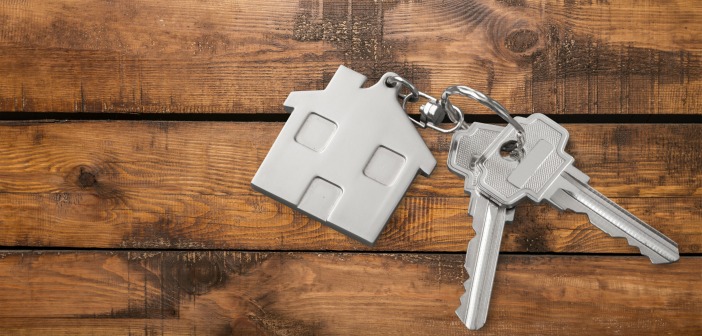Selling and/or Buying a home can be a stressful process. Are you trying to do both?
There isn't an easy answer to which comes first, the buying or the selling. Whichever comes first will put additional pressure on the other side of the equation. Not to worry, there is an order that will make sense for you. The first step is to take a good look at your finances, your willingness to move twice and the market conditions where you are buying and selling.
Sell First
Pros: 👍🏼• You’ll have cash for a down payment• No risk of having to juggle two mortgages at once• No pressure to lower the price to sell quickly
Cons: ❌• May need to move twice• Takes your investment out of the real estate market• Puts pressure on you to find a new house quickly
If you’re like the vast majority, you don’t have cash to make a down payment on your new house and enough income to make two mortgage payments indefinitely. So it may seem like selling first is the smart choice. But selling first leads to one major question: Where will you live in the time between selling and buying?
Gap housing
If you sell your home before you buy a new one you will almost certainly have a gap of time, whether it’s days or months, between needing to be out of the old house and when you can take possession of your new one. Do you mind moving twice, first into a rental or in with extremely hospitable friends or family? Can you find a rental that offers month-to-month leasing?
Even if you plan to sell first, it makes sense to start shopping for your new home right away. If you find one you want, you can be ready to make an offer as soon as your home sells. If nothing else, it gives you a head start and something to do while you’re vacating your home for showings.
Rent-back
Wouldn’t it be nice if you could sell your house but stay in it until you buy a new one? You can, with the right sales negotiation and contract. It’s called a rent-back. Essentially, when you sell your house you negotiate a deal to become a tenant for a period of time until you can buy and move into a new house. You’ll pay at least enough to cover their mortgage payment but you can stay put until your new home is ready, which can be priceless. There’s a hitch, of course. If you sell with a rent-back requirement, you’ll likely get fewer offers. You’ll also have a relatively short window of time to find a new home because buyers probably won’t want to wait for months to get into their new home.
Buy First
Pros: 👍🏼• Only have to move once• No pressure to pick a house that may not be exactly what you want
Cons: ❌• Pressure to sell quickly• Financing can be hard to find – and expensive
If you want to be assured of moving directly into your new home without a pit stop as a renter, you’ll have to buy first. It's not impossible, in fact there are a couple of ways to make this work.
Contingency offer
The first and probably most appealing option from your standpoint is to make a “contingent” offer on your new home. What that means is that you enter into a contract to buy the new home when and if you sell your current one. Nothing in life is as easy as that, so of course there’s a downside. In a seller’s market, a contingent offer probably won’t be considered too seriously.
Sellers are already stressed about selling their own home, now you’re asking them to stress about you selling yours as well. A contingent offer also eats up most if not all of your negotiating room. You can reach out to us at ALANTE Real Estate today about whether a contingent offer makes sense given local market conditions by clicking ➡️ HERE.
Borrow what you need
If the conditions aren’t right for a contingent offer, all is not lost. You may not have cash to make a down payment and keep up two mortgages. But you do have an asset that you didn’t have when you were a first-time home buyer: Your home. This is not an easy process so beware that this option is more high-risk than others.
Even if borrowing gives you some breathing room, there is no way around it. If you buy first, you’re going to be under more pressure to sell your existing home.
Bottom line: It depends.
There are options and which one works for you probably depends upon market conditions. In a buyer’s market, you have more leverage on the buying-side of the deal so you may be able to make an offer to purchase contingent on the sale of your home. In a seller’s market, you may be better able to negotiate a rent-back of your current home.
Want to Discuss Your Options?






.jpg)